Amidst New Zealand's vibrant landscapes and rich biodiversity, the country's forestry industry plays a pivotal role in shaping both the economy and the environment. Recent discussions have sparked interest in how this sector contributes to environmental change, and whether its impacts are beneficial or detrimental. As a local business owner, understanding these dynamics is crucial, not only for leveraging opportunities but also for aligning with sustainable practices that resonate with consumers and stakeholders alike.
Future Forecast & Trends in New Zealand’s Forestry Industry
The forestry sector in New Zealand is at a crossroads, where economic imperatives meet environmental responsibilities. According to the Ministry for Primary Industries, the forestry and logging industries contribute significantly to the national GDP, with exports reaching over NZD 6 billion annually. However, the sector's future will heavily depend on balancing economic growth with sustainable practices.
Emerging Trends:
- Carbon Sequestration: With New Zealand's commitment to carbon neutrality by 2050, forestry is expected to play a pivotal role in carbon sequestration. By promoting sustainable forest management and expanding plantation forests, the industry can significantly reduce carbon emissions.
- Technological Advancements: The integration of AI and machine learning in forest management is revolutionizing the sector. Real-time monitoring of forest health and yield predictions are becoming more accurate, allowing for better resource management.
- Bioeconomy Shift: The transition from traditional timber products to bio-based products is gaining momentum. Innovations in biofuels and biodegradable materials offer new revenue streams while reducing environmental impact.
Expert Insight: Dr. Maria Thompson from the University of Auckland notes, "The future of New Zealand's forestry industry lies in its ability to innovate and adapt to sustainable practices. Embracing bio-based products and carbon credits can transform the industry while preserving our natural heritage."
Case Study: Pan Pac Forest Products Ltd – Sustainable Growth
Problem: Pan Pac Forest Products Ltd, a prominent player in New Zealand's forestry sector, faced challenges with traditional logging practices leading to soil erosion and biodiversity loss. This not only affected their operations but also attracted criticism from environmental groups.
Action: To address these issues, Pan Pac adopted sustainable forestry practices, including selective logging and reforestation. They invested in cutting-edge technology for monitoring and managing forest resources efficiently.
Result:
- biodiversity Improvement: A 30% increase in native species diversity was observed within five years.
- Economic Benefit: The company reported a 15% increase in revenue by tapping into carbon credits and eco-friendly product markets.
- Community Engagement: Enhanced collaboration with local iwi led to cultural and economic benefits for the community.
Takeaway: The success of Pan Pac Forest Products Ltd demonstrates that sustainable forestry practices not only benefit the environment but also offer economic advantages. Businesses in New Zealand can adopt similar strategies to enhance their sustainability profile and profitability.
Myth vs. Reality: Forestry's Environmental Impact
Despite its contributions, the forestry industry is often surrounded by misconceptions. Let's debunk some of these myths:
Myth: "All forestry activities lead to deforestation." Reality: Sustainable forestry practices, such as those promoted by the Forest Stewardship Council, ensure that logging is balanced with reforestation, maintaining forest cover and biodiversity.
Myth: "Forestry only benefits large corporations." Reality: The industry supports a wide range of businesses, from small local sawmills to large timber exporters, providing employment and economic benefits across regions.
Myth: "Forests are only valuable for timber." Reality: Forests play a crucial role in water regulation, soil stabilization, and carbon storage, offering ecosystem services that are vital to environmental health.
Pros and Cons of the Forestry Industry's Environmental Contribution
Understanding the dual nature of the forestry industry's impact is essential for business owners and policymakers.
✅ Pros:
- Carbon Capture: Forests absorb CO2, helping mitigate climate change.
- biodiversity Support: Well-managed forests can enhance biodiversity, providing habitat for various species.
- Economic Growth: The industry contributes significantly to New Zealand's economy, supporting jobs and exports.
❌ Cons:
- Deforestation Risks: Poor management can lead to habitat loss and soil degradation.
- Carbon Release: Unsustainable practices can result in carbon emissions, countering environmental benefits.
- Regulatory Challenges: Navigating environmental regulations can be complex and costly for businesses.
Future Trends & Predictions
The future of New Zealand's forestry industry will likely be shaped by global and local developments in sustainability and technology. As the country moves towards its carbon neutrality goals, the demand for sustainable forest products and practices will rise. According to a report by Stats NZ, the increasing trend towards eco-conscious consumerism will drive the industry to innovate in sustainable products and practices.
Prediction: By 2030, New Zealand's forestry industry is expected to transition significantly towards bio-based products, with a projected 25% increase in revenue from these innovations, supported by technology and sustainable practices.
Conclusion
New Zealand's forestry industry stands at a pivotal point, with the potential to lead in sustainable practices while contributing to economic growth. By embracing innovation and balancing environmental responsibilities with economic goals, businesses can thrive. For local business owners, aligning with these trends not only enhances sustainability credentials but also opens new market opportunities.
Call to Action: As a business owner, consider how your operations can integrate sustainable practices to align with these industry trends. Engage with local initiatives and explore partnerships that enhance environmental efforts. Share your insights and experiences in the comments below!
People Also Ask (FAQ)
How does forestry impact New Zealand's economy? The forestry industry contributes over NZD 6 billion to the economy annually, supporting jobs and exports, while also playing a role in carbon sequestration efforts.
What are the biggest misconceptions about forestry? One common myth is that all forestry activities lead to deforestation. However, sustainable practices ensure balanced logging and reforestation, maintaining ecological health.
What upcoming changes could affect New Zealand's forestry industry? By 2030, policy updates focusing on sustainability and carbon neutrality will likely drive the industry towards eco-friendly practices and bio-based product innovations.
Related Search Queries
- New Zealand forestry industry trends
- Environmental impact of logging in NZ
- Sustainable forestry practices in New Zealand
- Carbon sequestration and forestry
- Bioeconomy in New Zealand forestry







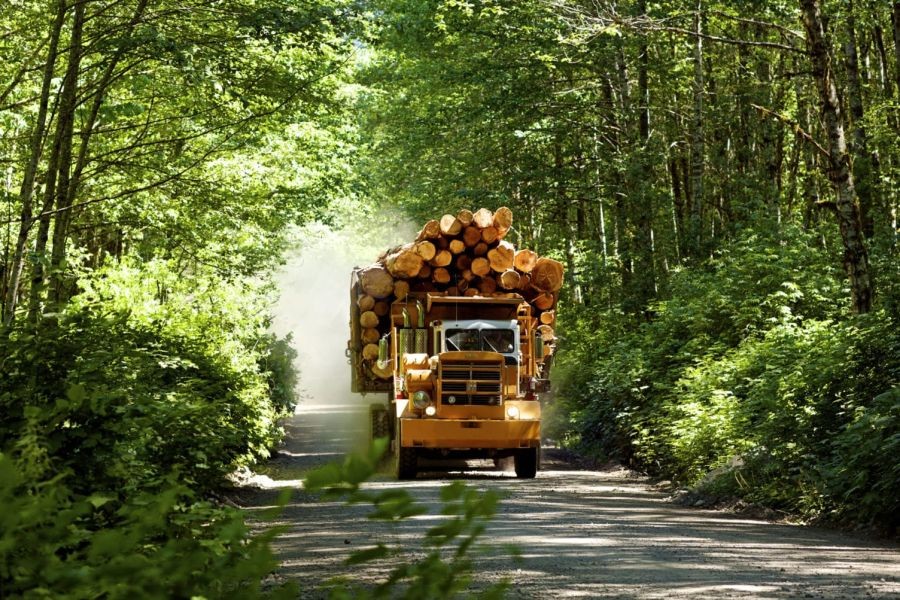




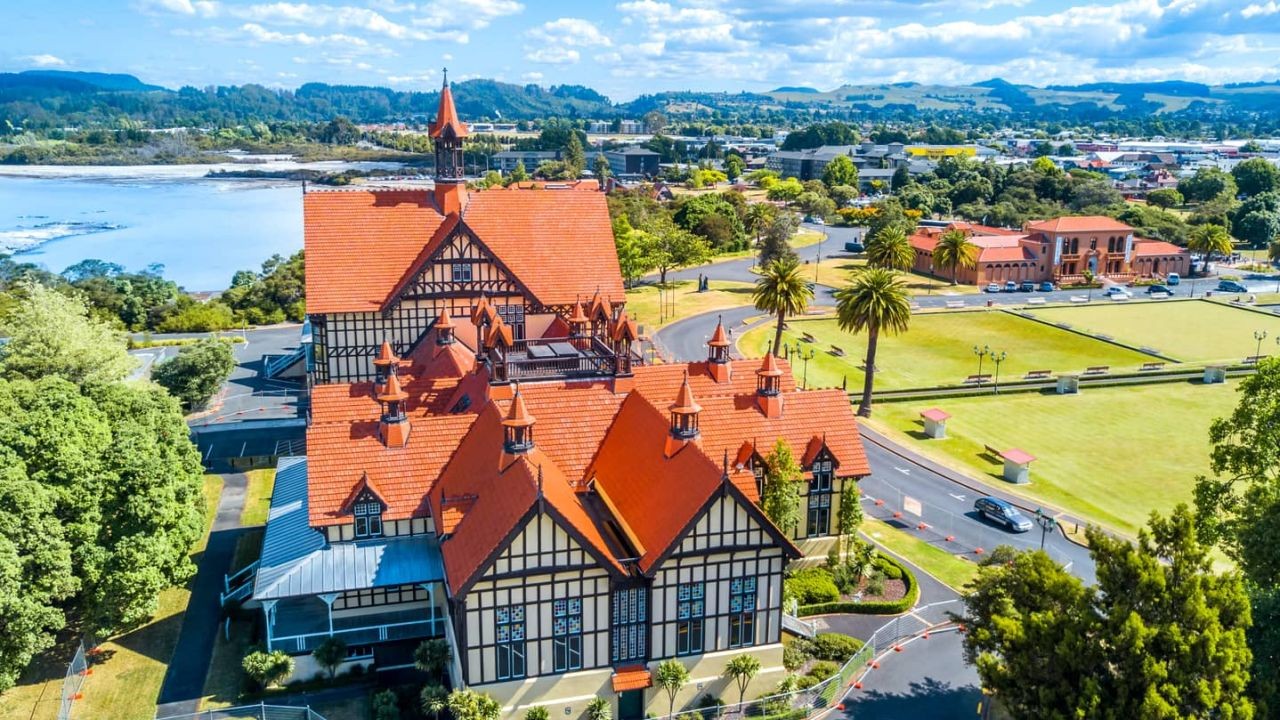




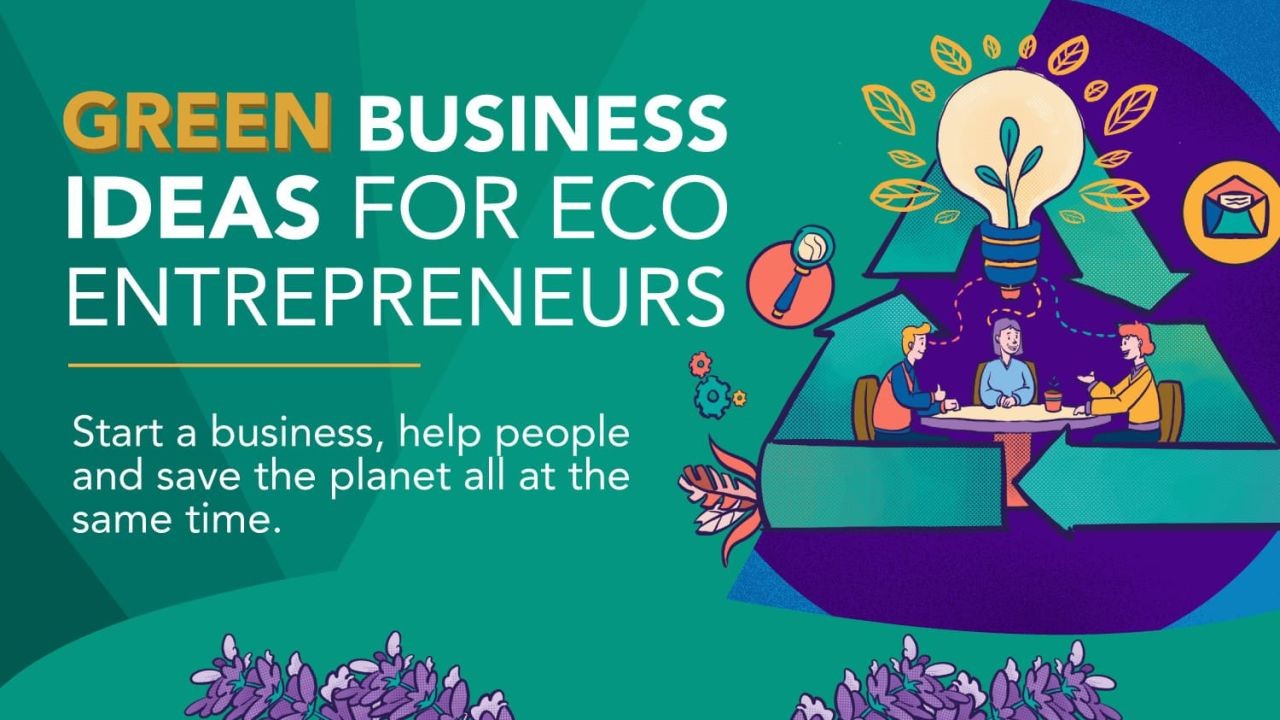


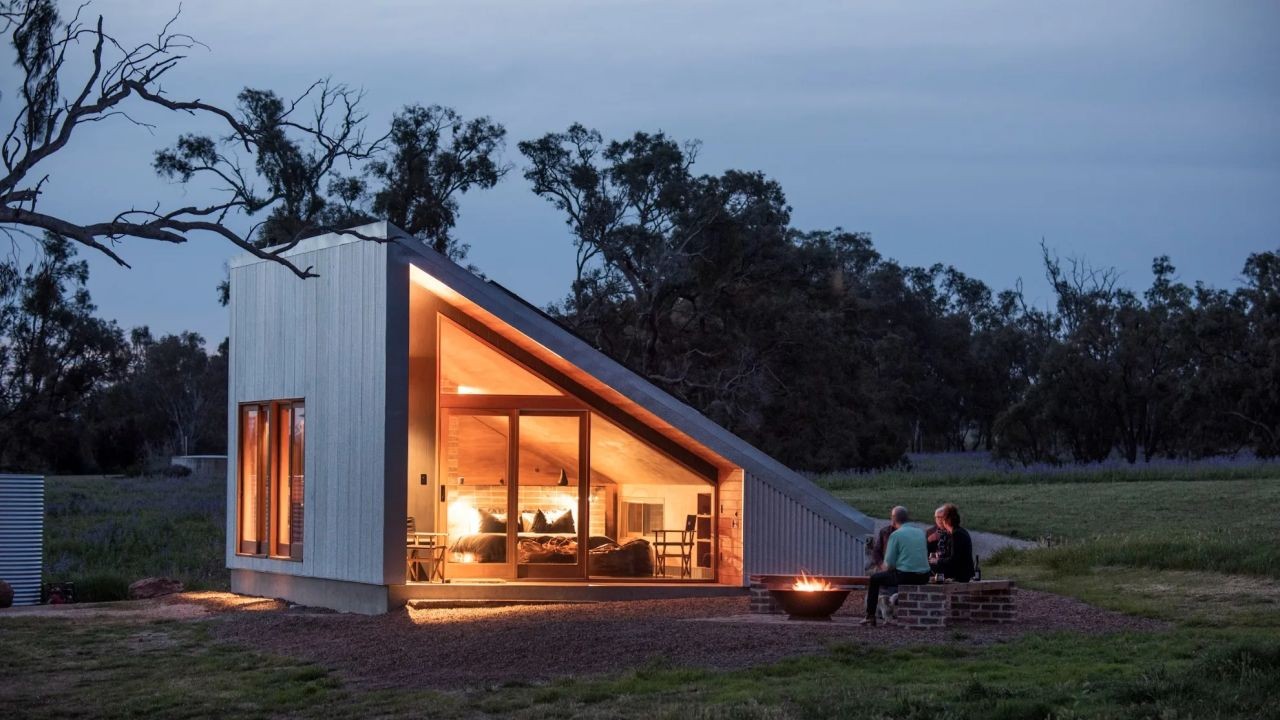





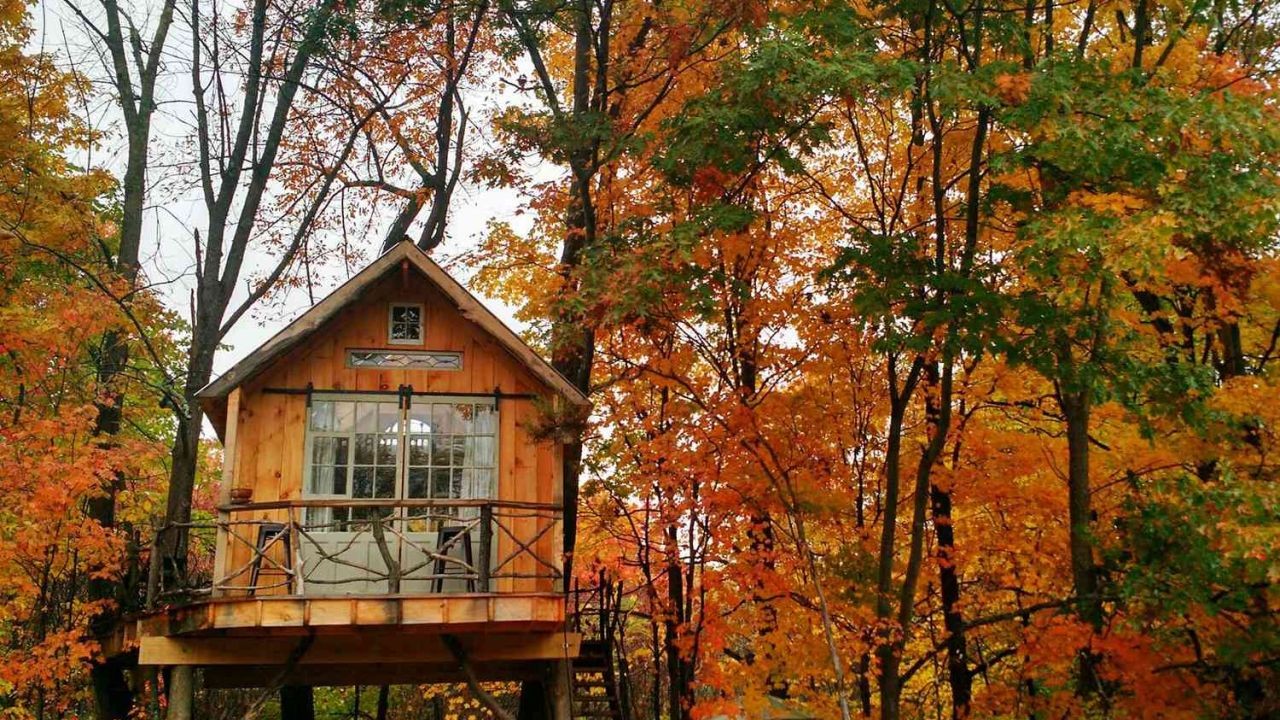






sunflowerpi
7 months ago